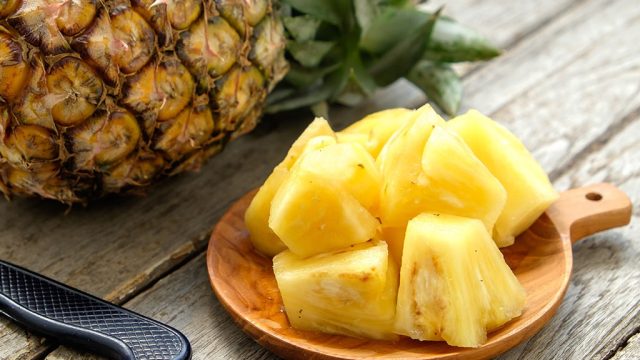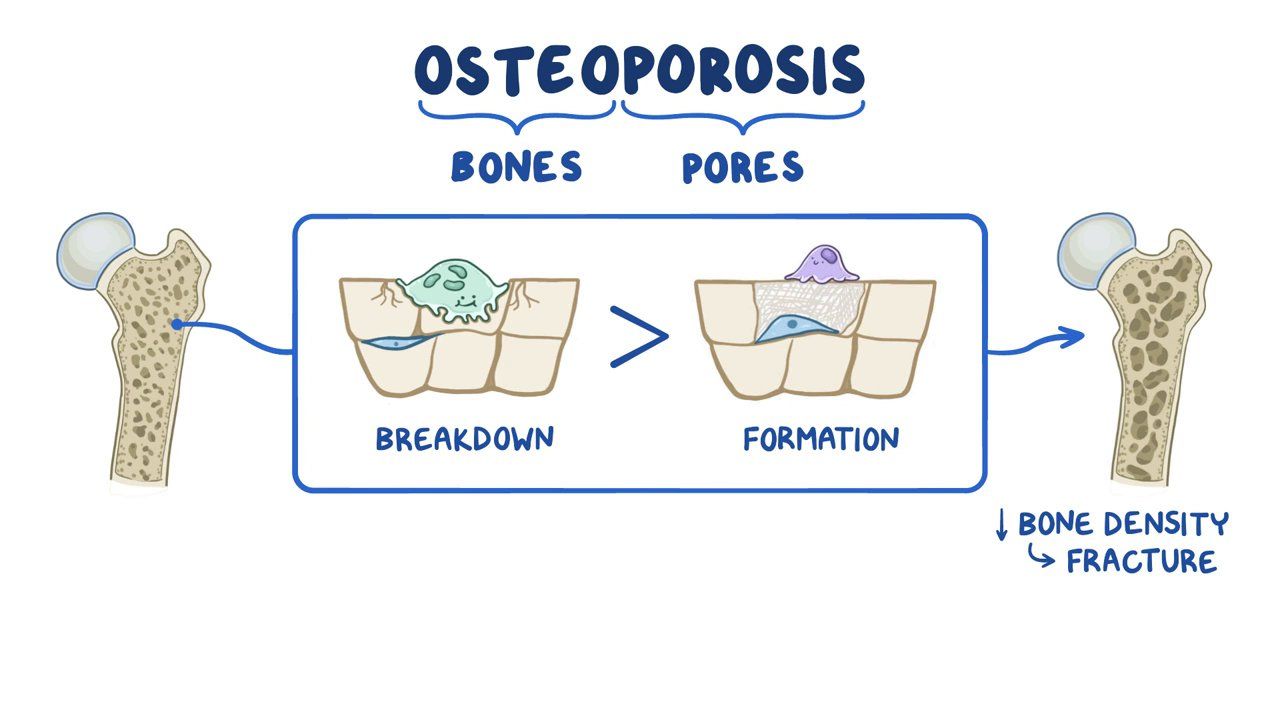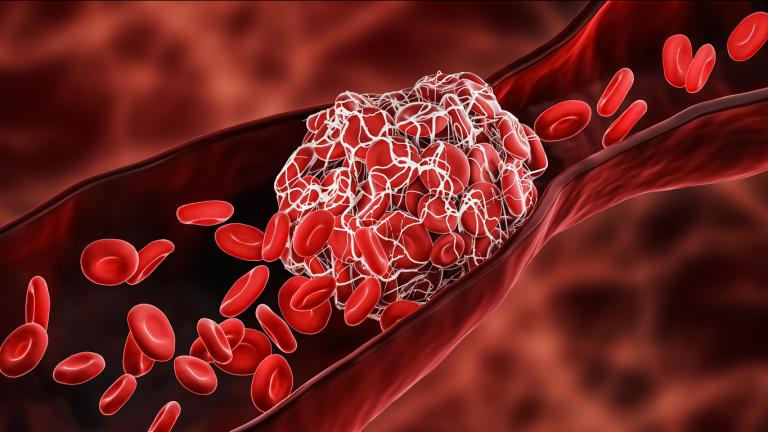.jpeg)
When Christopher Columbus brought pineapples to Europe after an expedition to South America, pineapples became known as an extravagant and exotic fruit served only at the most lavish of banquets. However, today it is widely consumed across the world. This tropical fruit is not only nutritious but also offers incredible health benefits.
Read on about the health benefits of eating pineapple!
Pineapples have been used for centuries to treat digestion problems and inflammation in South and Central America. Interestingly, despite its sweetness, one cup of pineapple chunks contains only 82 calories and only 16 grams of sugar per cup. They are also fat-free, cholesterol-free, and low in sodium.

Did you know?
Pineapples are clusters of hundreds of fruitlets.
Pineapples were native to South America before Columbus discovered them in 1493.
To plant a pineapple, all you need to do is cut the upper top of the fruit and plant it in the soil.
Pineapples are used as a meat tenderizer due to the presence of a compound called bromelain.
The tropical fruit is rich in vitamins, enzymes, and antioxidants, which help boost the immune system, build strong bones, and aid digestion. Pineapple contains high amounts of vitamin C and manganese, both of which have significant antioxidant properties. It also contains high amounts of thiamin, a vitamin that is involved in energy production.
Health Benefits of Eating Pineapple
Let’s delve deeper to know about the health benefits of eating pineapples.
Boosts Immune System
Vitamin C is an antioxidant that fights cell damage and protects against diseases such as joint pain and heart disorders. They contain a wide variety of vitamins, minerals, and enzymes that boost immunity and suppress inflammation. Pineapple contains an enzyme called bromelain, which is a powerful natural detoxifying agent and has anti-inflammatory and anti-clotting properties.

Prevents Cancer
According to studies, pineapple has been shown to reduce the risk of cancer. It reduces oxidative stress and fights inflammation due to its antioxidant and anti-inflammatory properties. It also contains high levels of manganese and flavonoids, which prevent cancer cell proliferation. Studies have shown that bromelain may increase the body’s production of white blood cells, which are effective at suppressing cancer cell growth.

Maintains Bone Strength
According to the Linus Pauling Institute, pineapple contains nearly 75% of the daily recommended value of the mineral manganese which is essential for developing strong bones and connective tissues.

Manganese is an essential element of energy production. It allows the body to use key nutrients including thiamine and biotin which keeps the bones healthy and helps in synthesizing fatty foods. A study suggested that manganese may also help prevent osteoporosis in post-menopausal women.
Maintains Eye Health
Due to their high vitamin C and antioxidant content, pineapples can help reduce the risk of macular degeneration, a disease that affects the eyes as people age. Pineapple also contains vitamin A and beta-carotene, which improve eye health and maintain eyesight.

Aids Digestion
Pineapple contains dietary fiber, which is essential in keeping the intestines and your digestive system healthy. Apart from that, pineapple contains significant amounts of bromelain, an enzyme that breaks down protein. These function as proteases which break down protein molecules into their building blocks, such as amino acids and peptides.
/human-digestive-system-anatomy-1137357284-f3c8c90f101e41e585ac61bdf700386c.jpg)
The breakdown of protein molecules leads to easier absorption across the small intestine. This is especially helpful for people with pancreatic insufficiency, a condition in which the pancreas cannot make enough digestive enzymes.
Reduces Inflammation
Due to the presence of bromelain, pineapples can help reduce severe inflammation as well as tumor growth. Various studies show that bromelain may help treat osteoarthritis, a joint inflammation that results from the breakdown of joint cartilage and underlying bone. Pineapple also contains vitamin C, which helps fight inflammation due to its anti-inflammatory properties.

Prevents Clotting
Pineapples can help reduce excessive coagulation of the blood due to high levels of bromelain present in it. Bromelain influences blood coagulation by inhibiting the synthesis of fibrin, a protein involved in blood clotting.

How can you Include Pineapple in your Diet?
You can use pineapples in the following ways:
- You can use pineapples in pizza, salad, jam, cake, and cocktails, to name some.
- Instead of consuming other fruit juices, freshly made pineapple juice may be another good choice, as it contains the daily recommended dose of vitamin C. This will keep you healthy by fighting against viral infections.
- You can use it in desserts by preparing pineapple kesari and pineapple halwa.
- Eating pineapple will reduce inflammation occurring in the throat, sinus, and other injury-related areas. This is because it contains bromelain, which is a powerful anti-inflammatory agent.

Health Risks and Side-Effects
Some of the side-effects of consuming pineapples are as follows:
- Because pineapple contains a high amount of vitamin C, consuming large quantities may induce diarrhea, nausea, vomiting, abdominal pain, or heartburn.
- An excessive amount of bromelain can cause skin rashes, vomiting, diarrhea, and excessive menstrual bleeding, according to the University of Maryland Medical Center. Bromelain can also interact with some medications. People who are on antibiotics, anticoagulants, blood thinners, anticonvulsants, barbiturates, benzodiazepines, insomnia drugs, and tricyclic antidepressants should be careful not to consume too much pineapple.
- Eating unripe pineapple or drinking unripe pineapple juice may be harmful, according to the horticulture department at Purdue University. In the unripe stage, it is toxic to humans and can lead to severe diarrhea and vomiting. Eating too many pineapple cores can lead to fiber ball formation in the digestive tract.
- Excessive consumption of pineapples can cause side effects like heartburn, abdominal pain, vomiting, nausea, and diarrhea.
Nutrition Information
100 grams of pineapple provides 50 calories, Sodium – 1 mg, Potassium – 109 mg, Total Carbohydrate – 13 g (Dietary fiber – 1.4 g, Sugar – 10 g), Protein – 0.5 g
Percentage daily value of Vitamin A – 1%, Vitamin C – 79%, Calcium – 1%, Iron – 1%, Vitamin B-6 – 5%, Vitamin D – 0%, Magnesium – 3%(based on a 2,000-calorie diet)


.png)


